Publications
search by
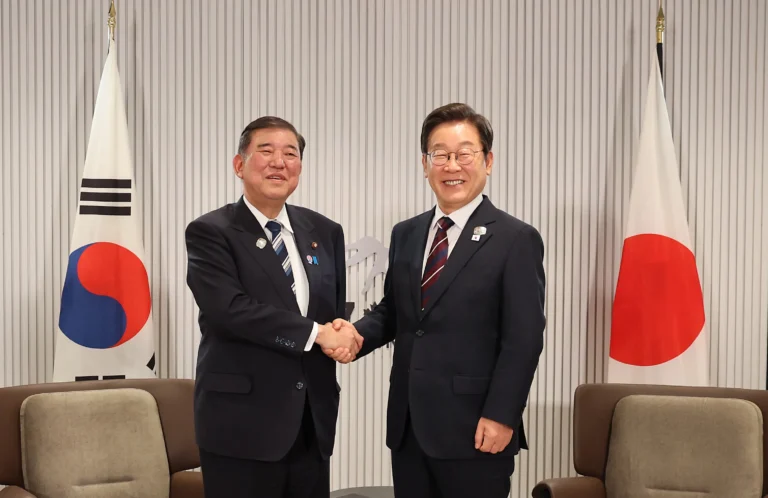
As geopolitical competition intensifies and energy security remains paramount, Japan and South Korea are recalibrating their roles in the Middle East. Despite a long-standing economic and strategic rivalry, both countries—key East Asian middle powers—now face a shared imperative: to cooperate on issues ranging from maritime security and defense diplomacy to renewable energy and Gaza reconstruction. This policy paper explores how Tokyo and Seoul can balance competition with pragmatic collaboration to advance mutual interests and contribute to regional stability.
learn more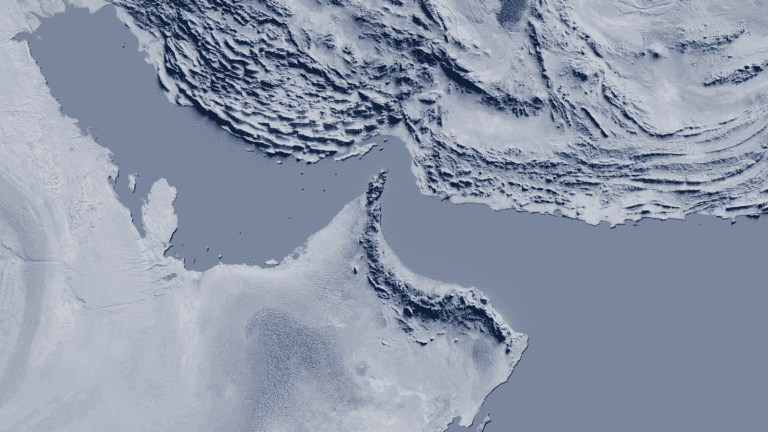
The 12-day war between Israel and Iran in June 2025 sent shockwaves through the Gulf, not for its immediate economic damage, but for what it revealed: the fragility of the Gulf’s security assumptions, the limits of U.S. protection, and the looming threat to vital trade routes. While oil prices and markets quickly rebounded, the psychological and strategic consequences have left Gulf states grappling with new uncertainties. This analysis explores the conflict’s economic aftermath and what it means for the future of GCC resilience, defense, and diplomacy.
learn more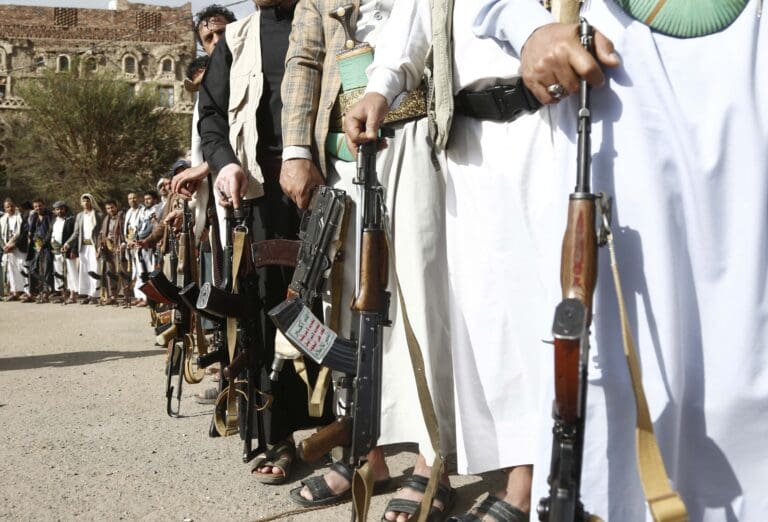
The Red Sea has been at the center of a radical shift in the global maritime security landscape since October 2023, when Yemen’s Houthis (also known as Ansar Allah) launched a campaign of repeated attacks on commercial and military vessels in one of the world’s most important waterways. These attacks, which the Houthis announced were… Continue reading Yemen’s Quagmire: Why Isn’t U.S. Might Winning?
learn more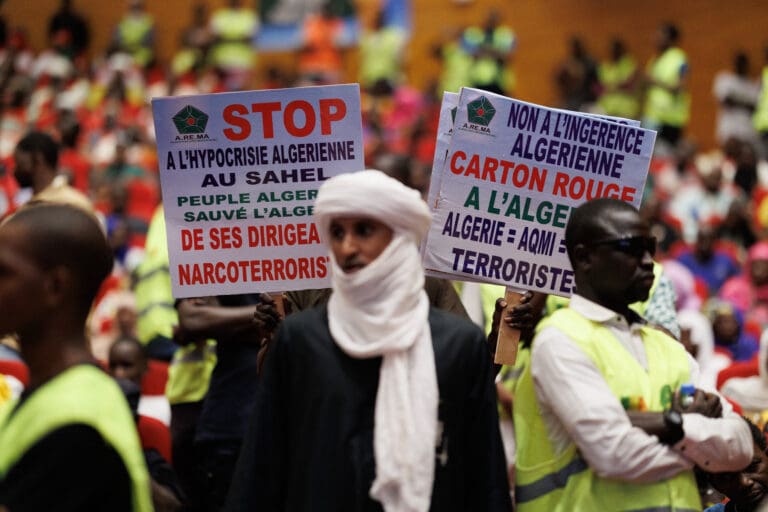
In recent years, Algeria and neighboring Mali have clashed repeatedly, in a string of diplomatic disagreements and security incidents with major implications for stability in the broader Sahel region. The two countries share a porous, 854-mile (1,374-kilometer) border, through a remote desert region that serves as a base for both separatist militants and jihadist groups. In mid-March 2025, a cross-border incident involving the shooting down of a Malian drone sparked a new diplomatic crisis.
learn more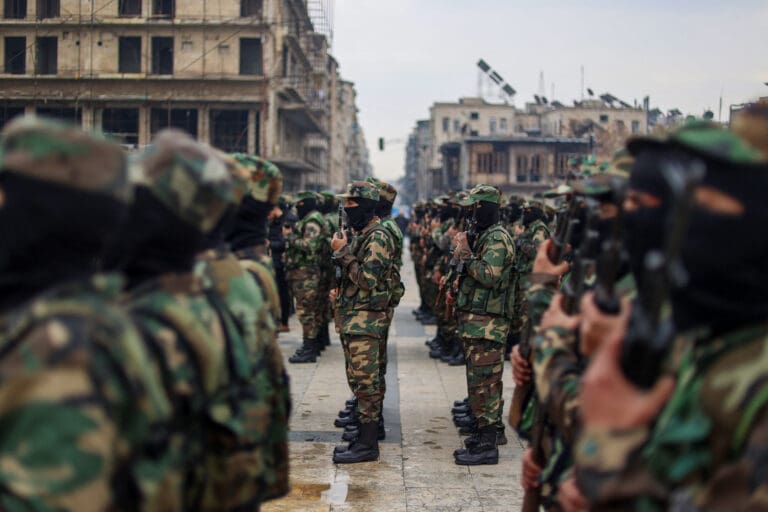
More than 13 years of armed conflict have left Syria a fractured patchwork of isolated regions controlled by rival factions. Yet the dramatic collapse of the Assad regime in December 2024 opened a rare window of opportunity to reunify the state under a single authority.
learn more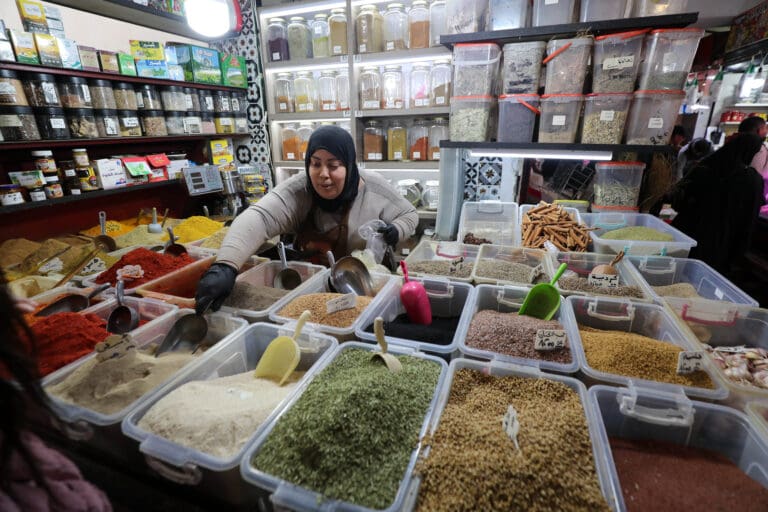
In the wake of the Syrian conflict, Algeria has emerged as an unexpected host for tens of thousands of Syrian nationals. While it has not positioned itself as a major refugee hub, the country today is home to an estimated 50,000 Syrians, a significant popula-tion that has shifted from viewing Algeria as a transit point to embracing it as a place of long-term residence.
learn more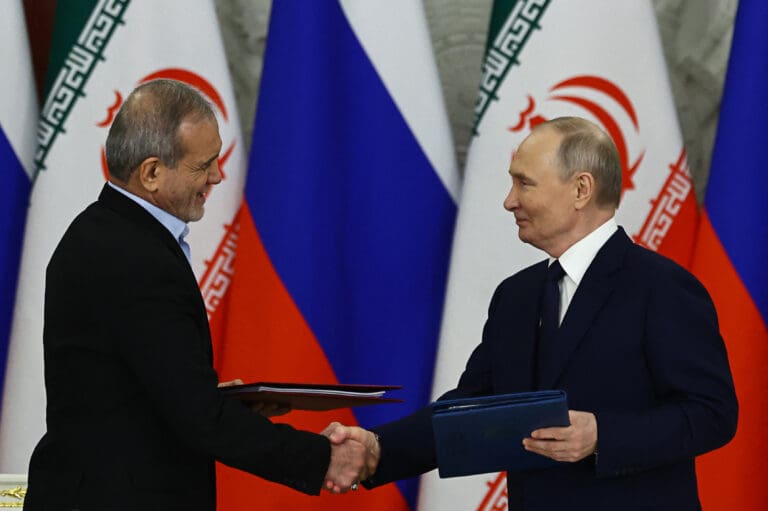
On January 17, 2025, Russian President Vladimir Putin and Iranian President Masoud Pezeshkian signed a Comprehensive Strategic Partnership Treaty in Moscow. The agreement is aimed at strengthening bilateral relations over the next 20 years. Reportedly delayed by the death of Pezeshkian’s predecessor Ebrahim Raisi in May 2024 and disagreements over details, the treaty came at a time of heightened geopolitical tensions for both countries and was hailed by officials in Tehran and Moscow as a sign of deepening strategic alignment.
learn more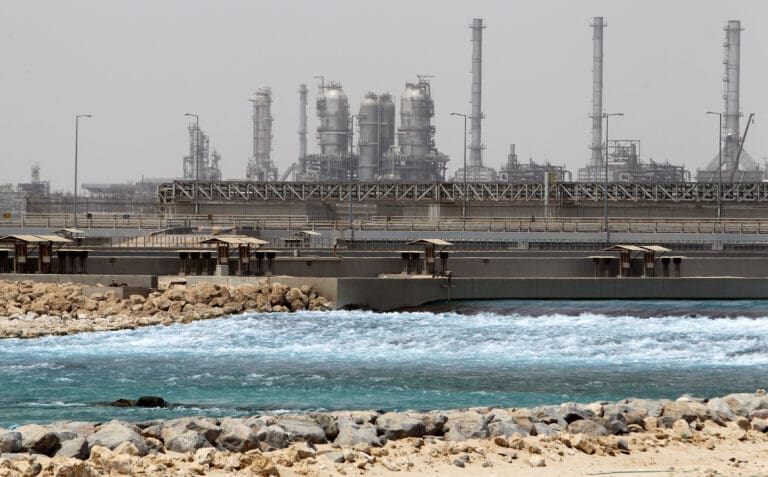
For decades, Qatar has occupied a unique position on the global stage: with vast natural gas reserves, the nation has the world’s highest per capita carbon emissions, yet it only contributes, and has contributed, minimally to global greenhouse gas totals. This conundrum lies at the heart of Qatar’s climate challenge—a balancing act between leveraging its hydrocarbon wealth and responding to the mounting global pressure to decarbonize
learn more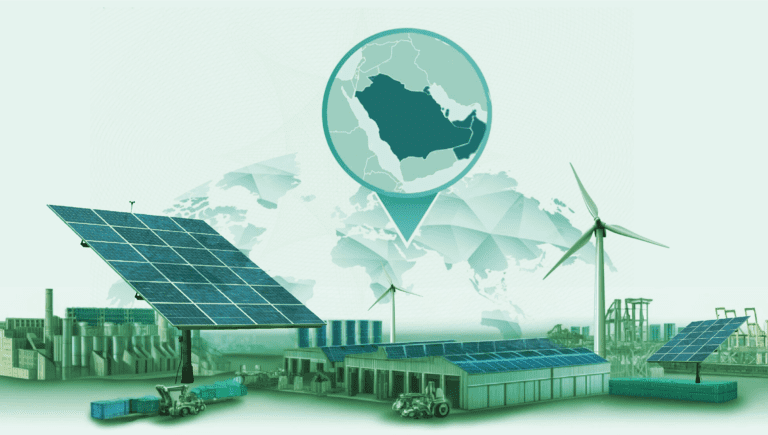
Despite their abundant oil and gas wealth, the member states of the Gulf Cooperation Council (GCC) are cautiously navigating the energy transition. Growing international pressure for decarbonization, falling solar and wind technology costs, and the economic imperative to diversify beyond oil have led them to explore renewable energy supply chains to diversify their economies and enhance their energy security
learn more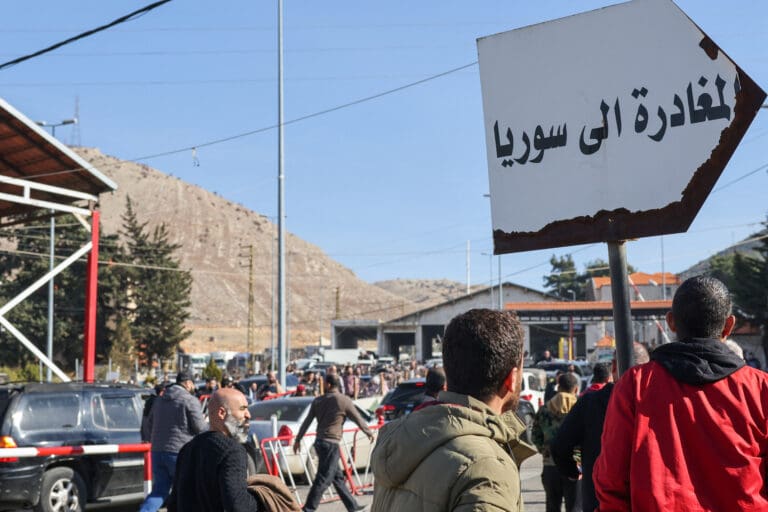
The fall of the Assad regime after almost 14 years of war has brought hope to many Syrian refugees that a long-awaited return home is possible. The shift also comes as welcome news for the governments of host countries—not least Syria’s neighbor Lebanon, where politicians have long claimed that the presence of hundreds of thousands of refugees places a heavy burden on scarce resources.
learn more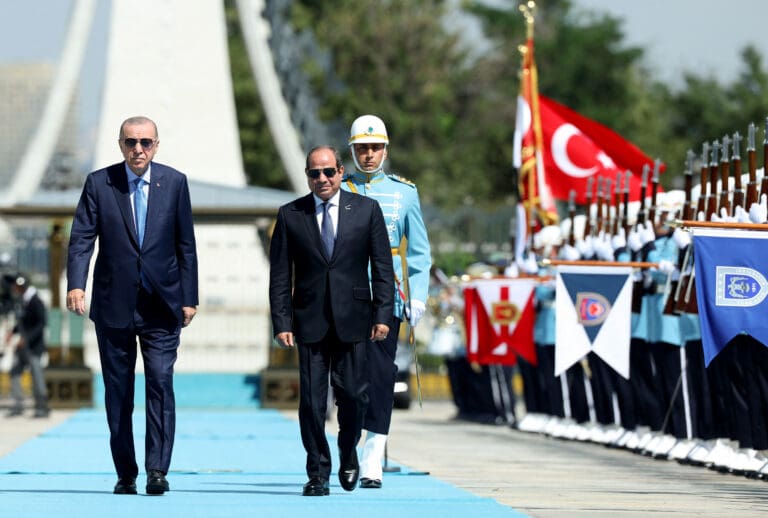
In February 2024, President Recep Tayyip Erdoğan visited Egypt for the first time since 2012, effectively ending more than a decade of political and diplomatic rupture between Egypt and Türkiye.
learn more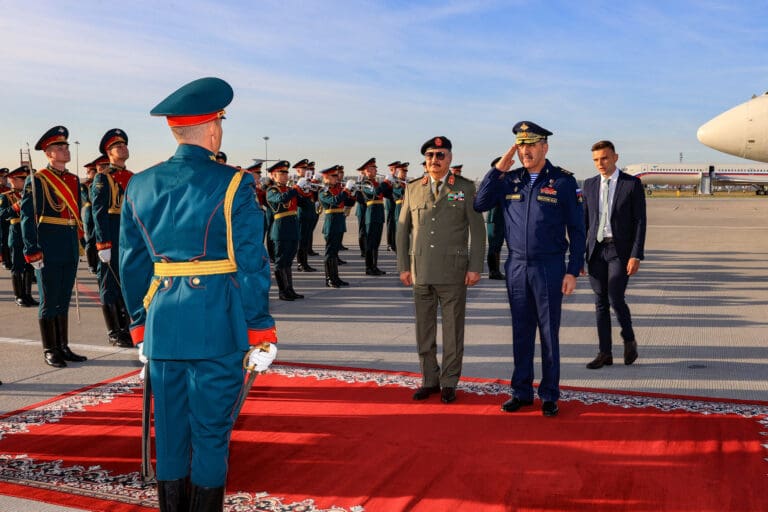
Russia and Türkiye have emerged as simultaneous geopolitical rivals and partners in conflicts across the Middle East, North Africa, the Caucasus, and Europe. Despite being on opposing sides in Syria, Libya, Nagorno-Karabakh and Ukraine, Moscow and Ankara have managed to maintain cooperation and effectively navigate these conflicts to their mutual advantage.
learn more

